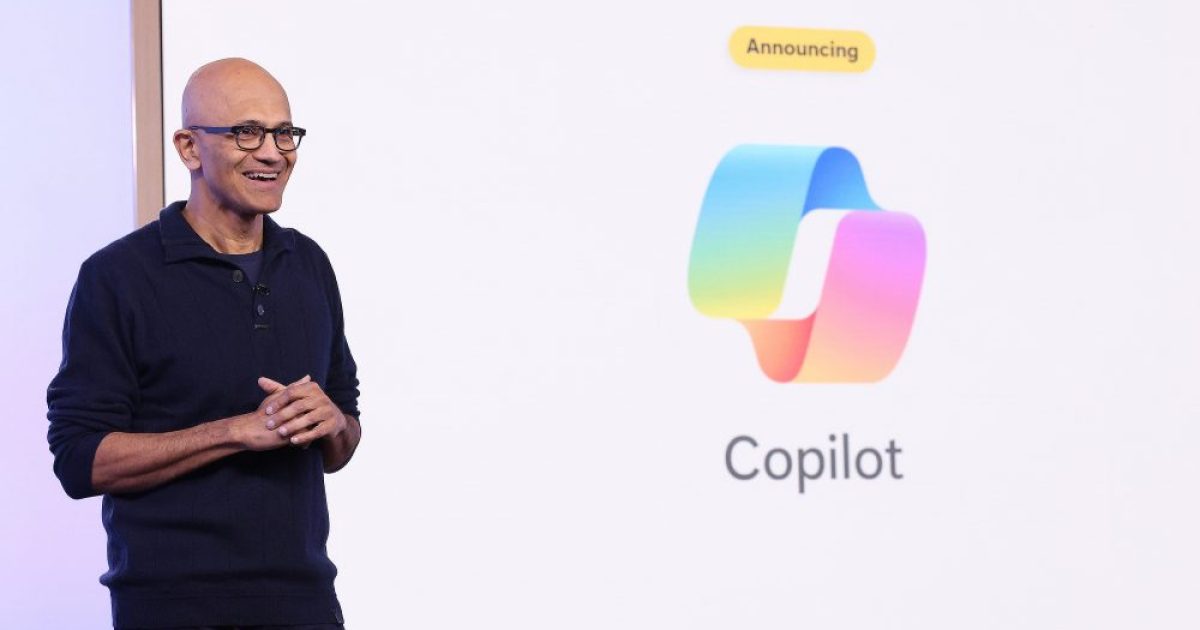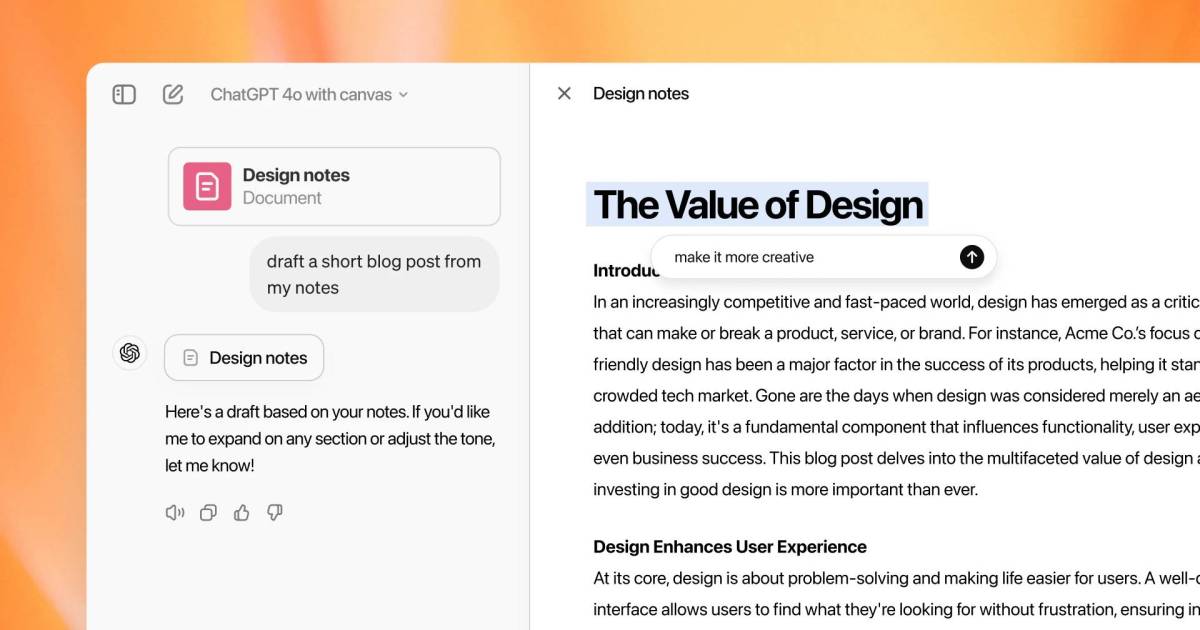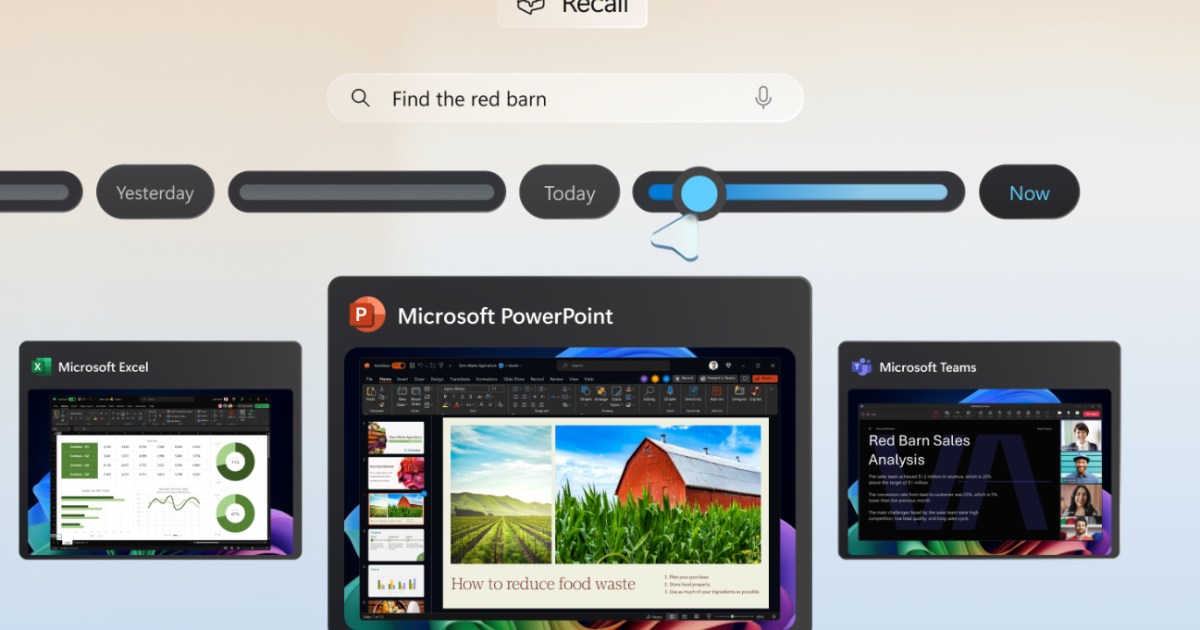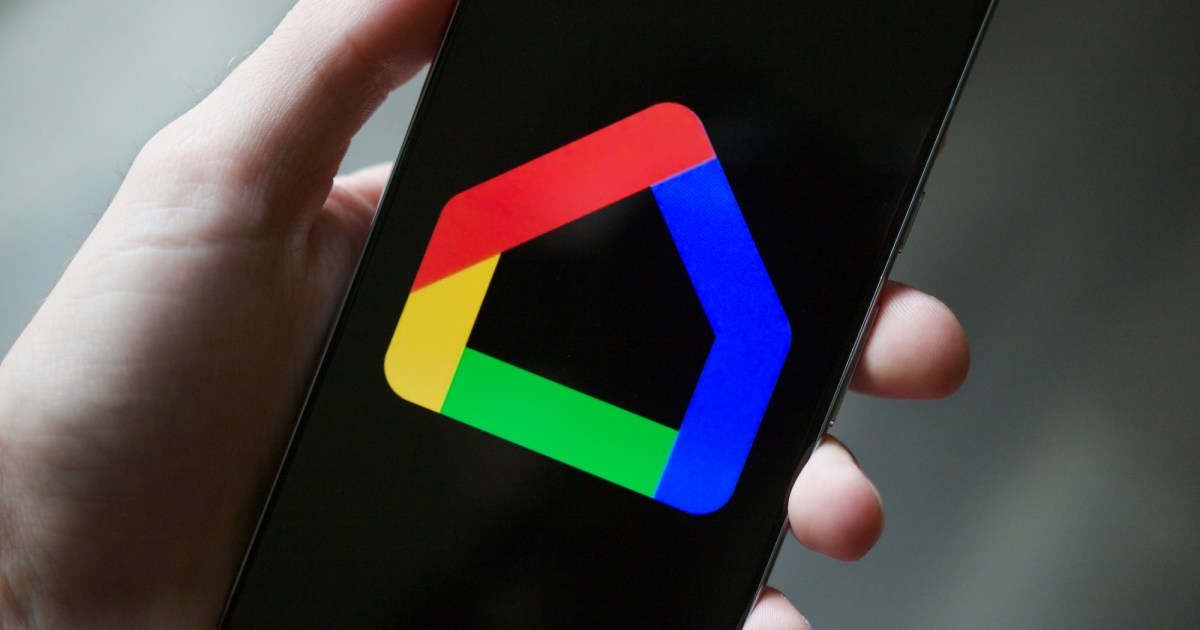Microsoft is pushing the boundaries of AI integration in web browsing with its new Copilot Vision feature. Built directly into Microsoft Edge, Copilot Vision can analyze what you’re viewing online – the text, images, and even what you’re hearing – to provide contextually relevant answers, recommendations, and summaries. Think of it as an AI assistant that sees and hears what you do in your browser.
How Copilot Vision Works
Copilot Vision leverages AI to understand the content on your screen. Imagine browsing Rotten Tomatoes and asking Copilot for movie suggestions. It can analyze the information on the website and even factor in your location or past preferences to tailor recommendations, as demonstrated in a recent Microsoft demo. It works in conjunction with the new Copilot Voice feature, allowing for a more conversational browsing experience.
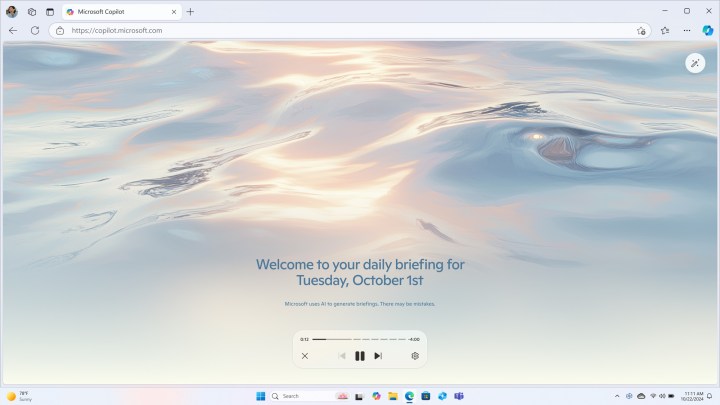 Copilot Daily in the Microsoft Edge browser.
Copilot Daily in the Microsoft Edge browser.
Addressing Privacy Concerns
Naturally, concerns arise when discussing AI access to browsing activity. Microsoft emphasizes that Copilot Vision is an opt-in feature, requiring manual activation. A clear on-screen indicator will signal when Copilot is active. Furthermore, session data is deleted upon closing, and Microsoft assures users that this information won’t be used for AI training. Initially, Copilot Vision will be compatible with a limited number of websites, excluding paywalled or sensitive content. It’s important to note that the feature doesn’t process webpage elements directly; it analyzes the displayed text and images.
Introducing Copilot Voice and Copilot Daily
Complementing Copilot Vision is Copilot Voice, enabling voice-based interaction with Copilot on desktop and mobile devices. This expands hands-free browsing capabilities and allows for more natural communication with the AI assistant. Building upon this voice functionality is Copilot Daily, a personalized news digest delivered via a generative AI voice. It curates relevant stories, traffic updates, and weather forecasts based on your interests and interactions.
Availability and Access
Copilot Voice and Copilot Daily are currently rolling out to Windows users in the U.S. and UK. Voice support is also extending to Australia, Canada, and New Zealand, specifically in English, with plans for broader language and regional support in the future. Copilot Vision is slated for a “soon” release in the U.S., exclusively for Copilot Pro subscribers through the Copilot Labs program. This program grants early access to experimental AI features under development.
Conclusion
Microsoft’s Copilot Vision, Voice, and Daily represent a significant step toward integrating AI assistance directly within the browsing experience. While privacy considerations are paramount, Microsoft’s transparency and user-centric approach aim to balance the benefits of AI with responsible data handling. As these features evolve, they promise to transform how users interact with information and navigate the web.



